There’s a place on Earth where time has stood still, untouched by the outside world. A place where the inhabitants refuse any contact with outsiders, guarding their isolation with fierce hostility. This place is North Sentinel Island, and its people, the Sentinalese, have made it clear they want to remain unbothered by the modern world. But why is this island so fascinating, and what do we know about the tribe that calls it home?
The Sentinalese
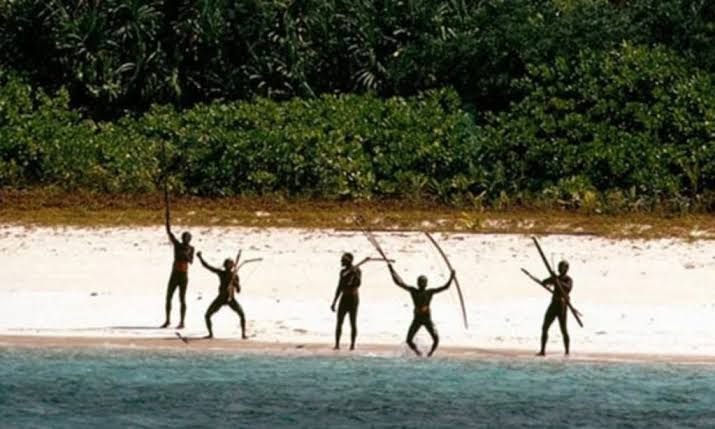
The Sentinalese are a small group of people living on a tropical island in the Bay of Bengal, part of the Andaman Islands in India. They are one of the few tribes on Earth to have had no contact with modern civilization, and their existence has captured the imagination of many. What makes them so unique is their total rejection of the outside world.
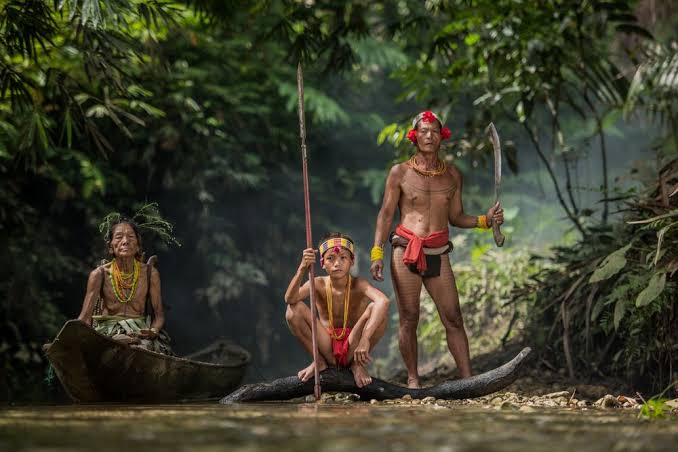
The Sentinalese have never shown any interest in engaging with outsiders. Whether it’s through aerial surveillance or boats approaching the shore, they’ve made it clear: stay away. Their reaction to foreigners has always been violent—often with arrows aimed directly at anyone who dares to come too close.
No Trade, No Money—Just Survival
Unlike many indigenous groups, the Sentinalese don’t trade, don’t use money, and don’t rely on any outside resources. They live off the land, using everything the island offers: hunting, fishing, and foraging. Everything they need is sourced from their immediate environment. Their self-sufficient, egalitarian society means they don’t even have a concept of currency or trade.
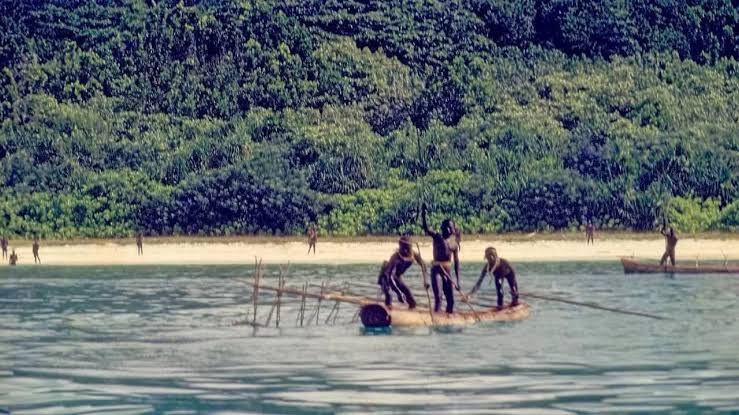
But their way of life isn’t just about surviving—it’s about thriving in harmony with nature. They’ve adapted to their environment in ways most modern societies can’t imagine, living without electricity, vehicles, or the internet. The tribe’s lifestyle is simple but deeply connected to the island’s resources.
Weapons of Survival
The Sentinalese are incredibly skilled at crafting their weapons. Their primary tools are bows and arrows, used both for hunting and defense. What makes these weapons particularly fascinating is their poison-tipped arrows. The poison comes from a blend of plant sap and natural toxins found around the island, making their weapons all the more lethal from a distance.

These weapons have helped the tribe protect their isolation for generations, and they’re also a testament to the tribe’s ingenuity and deep understanding of the natural world.
A People, Unchanged by Time
One of the most striking things about the Sentinalese is how little we actually know about them. The lack of direct contact has kept their customs and traditions a mystery to the outside world. It’s believed they’ve been living on North Sentinel Island for thousands of years, and their culture remains largely unchanged by modern influences.

Despite this long isolation, the Sentinalese of the North Sentinal Island are genetically connected to other groups in the Andaman Islands, though their gene pool is more isolated. Studies suggest they could be descendants of some of the oldest human populations in the world, having migrated from Africa around 70,000 years ago.
The Dangers of Contact
The real danger of making contact with the Sentinalese isn’t just their hostility—it’s the threat of disease. The tribe has no immunity to common illnesses, and even a brief encounter could result in the spread of diseases like measles or tuberculosis, which could devastate the tribe. This is one of the main reasons why the Indian government has established a no-contact policy to protect them.

However, the island’s history is marred by dangerous incidents that highlight the risks of interaction. In 2006, two fishermen ventured too close to the island and were killed by the Sentinalese. The Indian authorities launched a recovery mission, but the body retrieval was ultimately abandoned due to the hostile response from the tribe.

In another incident in 1991, a team of anthropologists attempted to make contact with the Sentinalese. They approached the island with gifts, hoping to establish peaceful relations. However, they were met with arrows and a swift rejection.
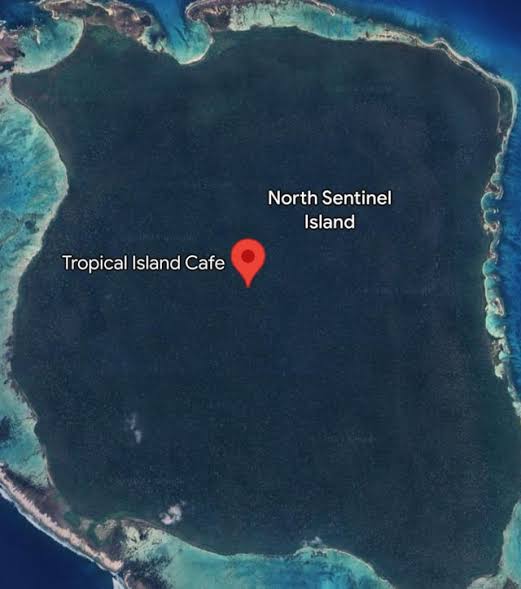
North Sentinel Island is surrounded by a treacherous reef, making it difficult for ships to approach. The island’s dense forest, combined with the hostile inhabitants, makes it almost impossible to access without risking deadly consequences. This natural barrier has kept the tribe isolated for centuries, allowing them to remain untouched by the outside world.
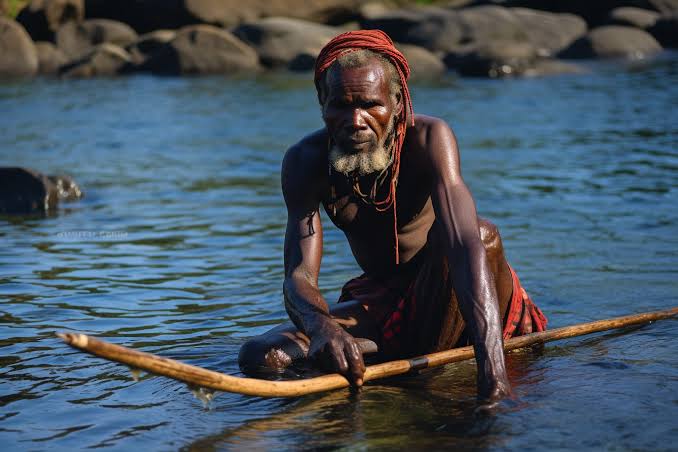
Despite this, the world’s fascination with them only grows. The Indian government has declared North Sentinel Island a protected area, enforcing strict no-entry laws to preserve the tribe’s way of life and protect their privacy.
